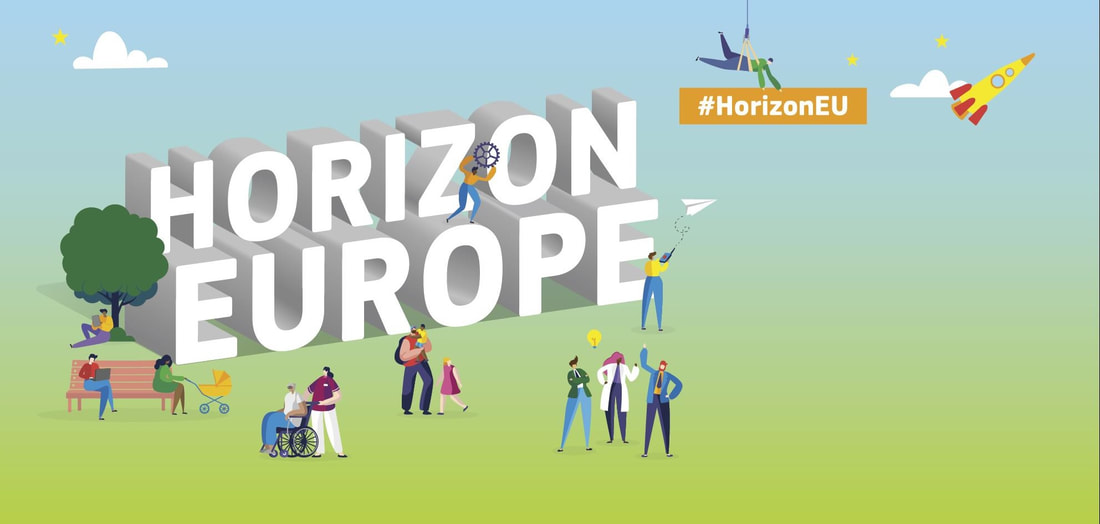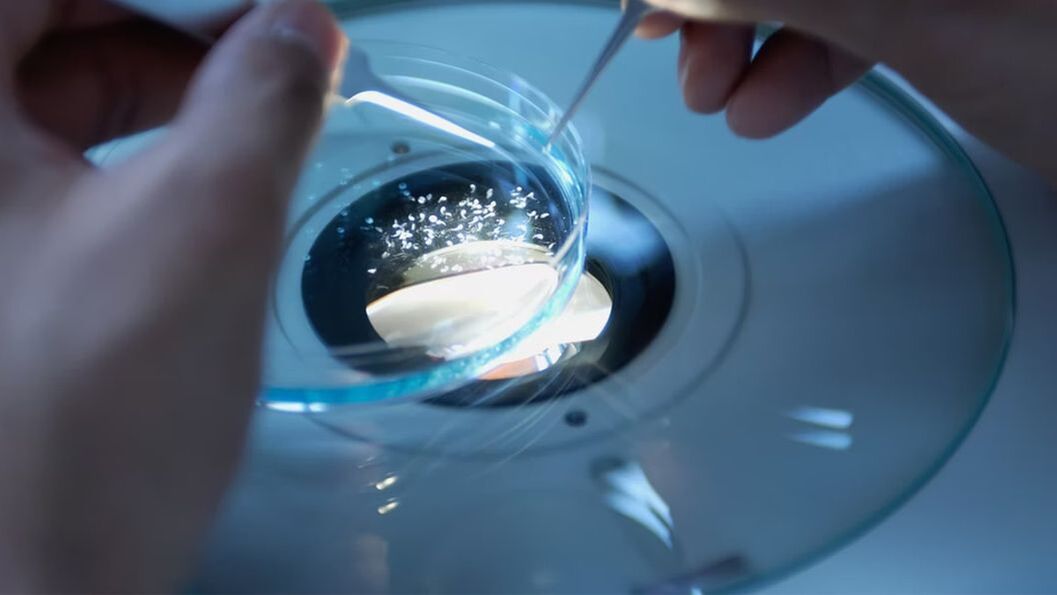News |
|
The European Commission published the drafts of the majority of the work programmes under Horizon Europe for the 2023 – 2024. These drafts have not been adopted or endorsed by the European Commission, but they were published to provide potential participants with the currently expected main lines of this work programme.
According to the European Commission, actions included in these work programmes will help accelerate the clean energy transition in line with the REPowerEU Plan, improve food security, cybersecurity, help ensure open strategic autonomy and reduce dependencies on critical raw materials, and accelerate delivery of the Green Deal. For example, a package of actions across the ‘Climate, Energy and Mobility’, ‘Digital, Industry and Space’ and ‘Food, Bioeconomy, Natural Resources, Agriculture and Environment’ clusters in particular will aim to speed up the clean energy transition. In addition, this work programme includes targeted actions to support Ukraine such as reinforcing Ukrainian researchers’ access to European research infrastructures while the EU Mission for Climate-Neutral and Smart Cities will support a number of Ukrainian cities in integrating the principles of climate neutrality in their reconstruction. With the 2023 – 2024 Horizon Europe work programme, the EU will invest around €13.5 billion in research and innovation. The published drafts include the work programmes for:
Download the drafts here. Source: The European Commission
4 Comments
The Marie Skłodowska-Curie Actions Postdoctoral Fellowship programme supports postdoctoral researchers to develop their research careers with a total budget of €257 million. It provides fellowships to the most promising researchers, who wish to carry out their research activities abroad, by either coming to Europe from any country in the world, moving within Europe or even moving to Third Countries not associated to Horizon Europe. The Marie Skłodowska-Curie Actions (MSCA) is the main European instrument supporting young women and men to make a career in research with the goal to retain excellent researchers within Europe and reintegrate those working elsewhere. Since their launch in 1996, they have become Europe’s reference programme for doctoral education and postdoctoral training. The MSCA PF programme that is part of the Excellent Science pillar of Horizon Europe aims to equip postdoctoral fellows with new transferable skills and international, interdisciplinary and inter-sectoral exposure via advanced training and mobility. The MSCA PF is based on the principle of physical mobility, meaning that researchers who receive funding have to move from one country to another. Researchers who wish to apply are also encouraged to move between sectors and disciplines. The main objectives of a Postdoctoral fellowship are to:
What’s new this year?
This year MSCA place a stronger emphasis on collaborations between academia and business. There’s also a renewed emphasis on effective supervision and career guidance to postdoctoral fellows according to the MSCA Guidelines on Supervision. Applicants are also encouraged to address the principles of the MSCA Green Charter, in line with the European Green Deal, and implement measures to promote sustainable research activities and minimise the environmental footprint of such activities. Another novelty in MSCA PF in Horizon Europe compared to Horizon 2020 is that areas of research covered by the Euratom Research and Training Programme, specifically nuclear research and innovation, are now included in the range of topics supported by the MSCA, including Chemistry, Social Sciences and Humanities, Economic Sciences, Information Science and Engineering, Environment and Geosciences, Life Sciences, Mathematics and Physics. When and how to apply? The 2022 call is now open for submissions through the Funding and Tenders Portal, with a deadline on 14 September 2022. Although, the project proposal should be written jointly by the postdoctoral candidate and the host organisation, only the Host Supervisor is allowed to submit the proposal. The EU average success rate for the 2021 call was 13-14%. Host organisations are encouraged to read the Marie Skłodowska-Curie Actions Guidelines for the Inclusion of Researchers at Risk comprising researchers experiencing threats to their life, liberty or research career, and those who are forced to flee or have been displaced. Following Russian’s invasion of Ukraine, the new MSCA4Ukraine scheme includes €25 million for actions supporting researchers previously active in Ukraine. Who can apply? You can apply for an MSCA Postdoctoral Fellowship if you:
There are two types of Postdoctoral Fellowships:
What does the postdoctoral fellowship cover?
Evaluation process Submitted proposals will be evaluated between October and December 2022 against three evaluation criteria, including Excellence (50% of the evaluation score), Impact (30%) and Implementation (20%). Applications with a total score equal to or higher than 85% receive a Seal of Excellence, which adds weight to the researchers’ applications when they seek to apply to other EU Funding Calls. The evaluation results will be published by February/March 2023 and projects are expected to start around May-September 2023. Are you planning to apply to any of these calls? Our members are expert in accompanying consortia from small to very large size. They are acting in line with our code of conduct which guarantees qualitative and professional behavior at all times. Are you interested to get support from a consultant? Indicate here the type of service you are needing and we will get back to you very shortly! Article courtesy of EAIC Member GrantXpert Consulting Ltd. |
Categories
All
Archives
July 2024
|



 RSS Feed
RSS Feed
